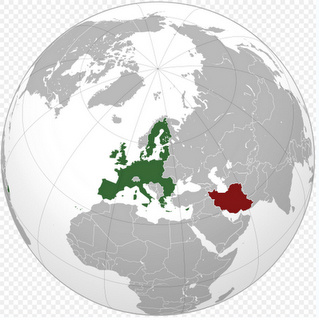A Reaction against Violation of Conventions

The European Union has summoned Iranian ambassadors to protest the arrest of nine local employees of the British Embassy in Tehran. We are summoning the Iranian ambassadors throughout the European Union and we will be monitoring the situation next week concerning the local personnel from the British Embassy," AFP quoted a source close to the Swedish EU presidency. Davoud Hermidas Bavand, political analyst, has commented on the situation for Iranian Diplomacy:
Britain had summoned Iranian envoy following the post-election events in Iran, but this time, the collective summonses are a sign of solidarity between European countries. The death verdict against Salman Rushdie and the Mykonos trial had also drove the union to take similar measures.
For EU members, the Islamic Republic’s recent move of arresting British Embassy’s local staff is against international law, especially the convention on diplomatic immunity and privileges which includes not only diplomats but also embassies. Of course local staffs only enjoy partial immunity; however, Iran’s unconventional measure may be repeated against other embassies. Hence, the European Union’s summonses are in fact primarily to express solidarity; secondly, to protest Iran’s arrest of British Embassy’s local employees, and third to preclude a similar move against other European embassies.
By summoning Iranian envoys, EU members officially expressed their discontent against Iran’s move, though the reaction primarily tended to serve their national interests. Nevertheless, there are principles originated from international commitments and etiquettes according to which diplomatic officials and –partially- local employees have immunity and any measure carried out against them is regarded as a measure against their respective countries. That’s the main cause of EU’s collective decision against Iran.
European Union members have deemed Iran’s arrest of British Embassy staffers against the international etiquette and believe that apathy against it may lead to similar acts in future. Therefore, EU’s response is both collective and deterrent.

